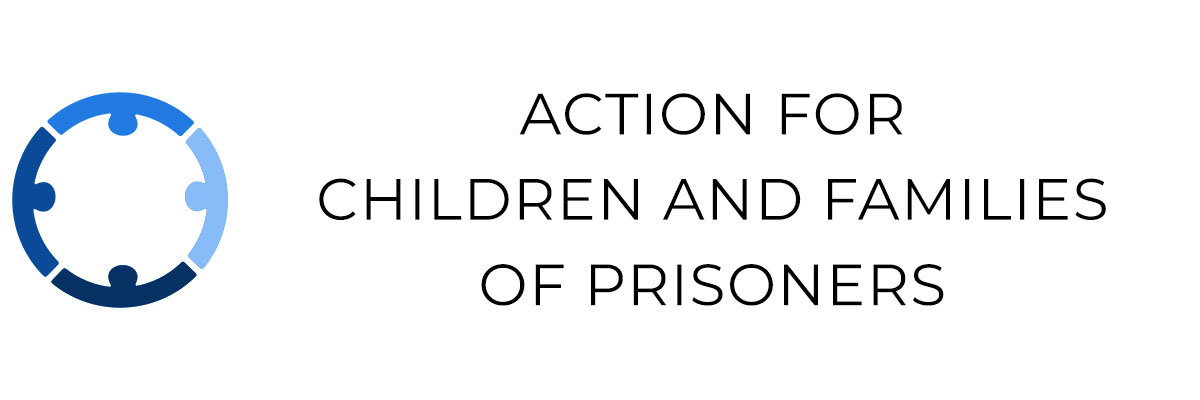The aim of this report, commissioned by the Childhood Development Initiative and authored by Daragh Bradshaw and Prof. Orla Muldoon, is to document both the process and consequences of the Family Links Initiative. It documents, in particular, the roll-out of the initiative in an individual prison as well as offering some insights on the consequences of the project.
Findings
Interviews with stakeholders, leaders and parents make it very clear that there is a need for initiatives to support families affected by imprisonment. These families can be seen as serving a second sentence parallel to the imprisoned parent. Concerns about the welfare of prisoners as well as evidence of ongoing recidivism and intergenerational effects of imprisonment highlight the importance of orienting to the collateral damage that imprisonment may have on families. The report findings suggest that imprisonment of fathers places considerable stress on parents and children.
The predominant culture within the prison remains one where security concerns are paramount. This can lead to particular difficulties between prison authorities, officers and prisoners. As such, there were a number of areas where particular issues arose as a consequence of the juxtaposed concerns of security and welfare.
An additional layer of complexity is the challenges faced by prisoner families, which tend to be both socioeconomically disadvantaged and socially marginalised. This social exclusion combined with tacit knowledge about the stereotypes of prisoner families can be associated with both mistrust of authorities and custody concerns.
However, there are many challenges to both multiagency work and work within the prison system. For the most part, families affected by imprisonment are on the margins of the educational, health and welfare systems. It is noteworthy to mention that families on the margins are those most in need and about whom the least understanding is available.
Read the report on the Childhood Development Initiative website here.

Recent Comments